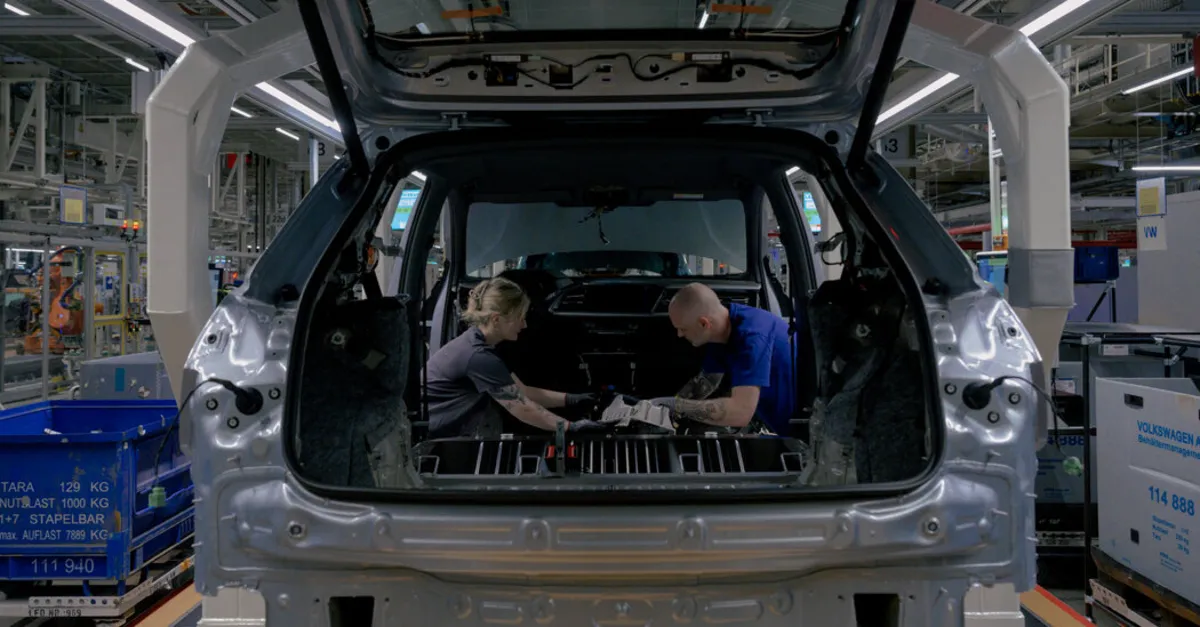
President Trump has threatened to reignite his global trade wars, introducing a new wave of uncertainty into international trade relationships that had seen some stabilization in recent weeks. As the president directed his focus towards an upcoming trip to the Middle East and ongoing tax legislation in Congress, he made a series of statements on Friday morning that could have significant implications for the global economy.
In his recent remarks, Mr. Trump announced plans to impose a steep tariff on European exports, set to take effect in just over a week. He also specifically warned technology giant Apple that iPhones manufactured outside the United States would be subjected to a hefty 25 percent tariff. These announcements have already caused turmoil in stock markets, raising fresh concerns about potential risks to the global economy, reminiscent of similar declarations made by the president in previous months.
Economists are voicing their concerns that if these tariffs are enacted, they would deliver substantial financial challenges for Apple, recognized as one of the world’s most valuable companies. Additionally, such tariffs could severely disrupt trade between the United States and the European Union, which is often cited as the largest trading relationship globally by various metrics.
On his social media platform, Truth Social, Mr. Trump expressed frustration over the lack of progress in discussions with the European Union, describing the negotiations as "going nowhere." He proposed a staggering 50 percent tariff on European imports, effective June 1, as a response to what he perceives as unfair trade practices. “The European Union, which was formed for the primary purpose of taking advantage of the United States on TRADE, has been very difficult to deal with,” he stated, emphasizing his belief that the bloc's trade barriers, taxes, and corporate penalties have led to a trade imbalance that he deems “totally unacceptable.”
In a separate social media post, the president also directed his ire towards Tim Cook, the CEO of Apple, who had visited the White House the previous week. Mr. Trump asserted that iPhones sold in the United States ought to be “manufactured and built in the United States, not India, or anyplace else,” reinforcing his administration's ongoing focus on domestic manufacturing and trade policies.
As the situation develops, stakeholders in the global economy will be closely monitoring these trade announcements and their potential impacts on the market and international relationships.